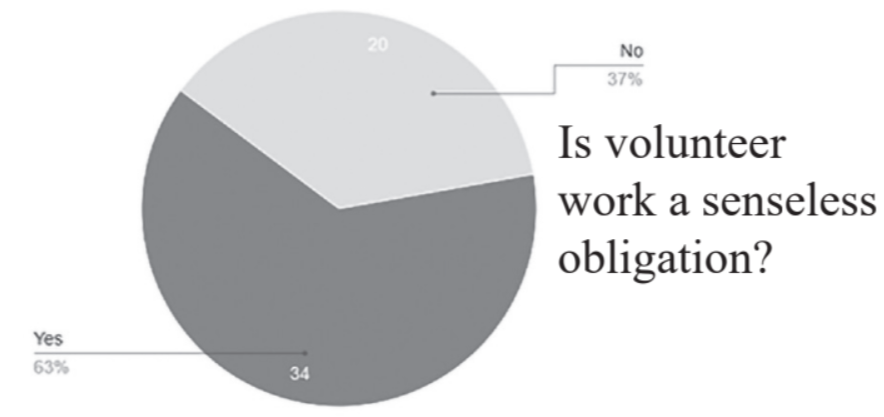
The current system of consequences in which teachers are the first to deal with the repercussions that tardy and skipping students face and administration deals with students once they continue the same behavior is flawed and puts much of the work on the teacher.
By day 110 of school, there were 35,651 tardies, 2,137 students with at least one tardy, 18,912 periods skipped, and 524 students with at least one unexcused absence according to WS administrator of Multi-Tiered System of Supports John Thorson.
Tardies and skipping are dealt with too leniently and there are clear issues with the variability in consequences, how forgiving the consequences are, and how much work is put on teachers in giving out consequences.
“Sometimes I think it would be nice to have more of a mainstream approach to tardiness and attendance because it is such a big issue,” said Economics and Personal Finance and English teacher Breanna Brown. “I think it’s hard to address it in your classroom when you’ve got so many other things going on.”

There is a large inconsistency in both the tracking and consequences for tardiness and skipping.
“I think the problem is that there’s not a uniform expectation or a uniform consequence. It’s too variable on a case by case basis,” said social studies teacher Bradley Swain. “I think there are some teachers who track it a lot and police themselves and some teachers who don’t.”
Even students who are chronic skippers and always late to class face very minimal consequences.
“For me, it took [skipping or being tardy] everyday for two weeks to get detention, but that was back in freshman year,” said junior Mat Hemmer. “I haven’t gotten anything since, even though I still skip often.”
Hemmer also talked about what he thought could be done to reduce skipping and lateness.
“I think if school was any more lenient, people wouldn’t attend school, and if it was too strict, I’d probably just avoid school entirely.” said Hemmer. “The school needs to work more on actually keeping kids in class instead of giving out more consequences.”

“I think some teachers have had philosophical issues with [them] because if we are asked to judge students based on what they know, giving a zero on a quiz a student wasn’t here to do isn’t judging what they know, it’s judging a behavior,” said Swain. (Photo courtesy of Jayden Pope)
Swain also expressed how he thought the problem could be fixed.
“What I would like to see is a hard and fast rule that after three tardies, a teacher will provide the student detention, then after the next three, the student goes to administration,” said Swain. “It’s got to be a true group effort where admin comes up with a rule, we as teachers follow that rule, and much like students, teachers have a consequence if they are not following that rule.”
There are some positives in the current system, such as the freedom it gives teachers to dish out consequences as they see fit. Some students have valid reasons for being tardy and do not deserve the same punishment as students that are just being irresponsible.
“If I have a frequent flier who’s always tardy, I’m going to figure out why,” said English teacher, Leana Jensen. “For example, if someone has to get a sibling to school, that’s reasonable as they have a responsibility to handle and still arrive within a minute or so of the bell.”
Thorson shared some sympathies with tardy students, explaining how having the ability to not show up to class or totally ignore the teacher while in online class during the pandemic created bad habits in students.
“There is still a lot of COVID hangover,” said Thorson.












